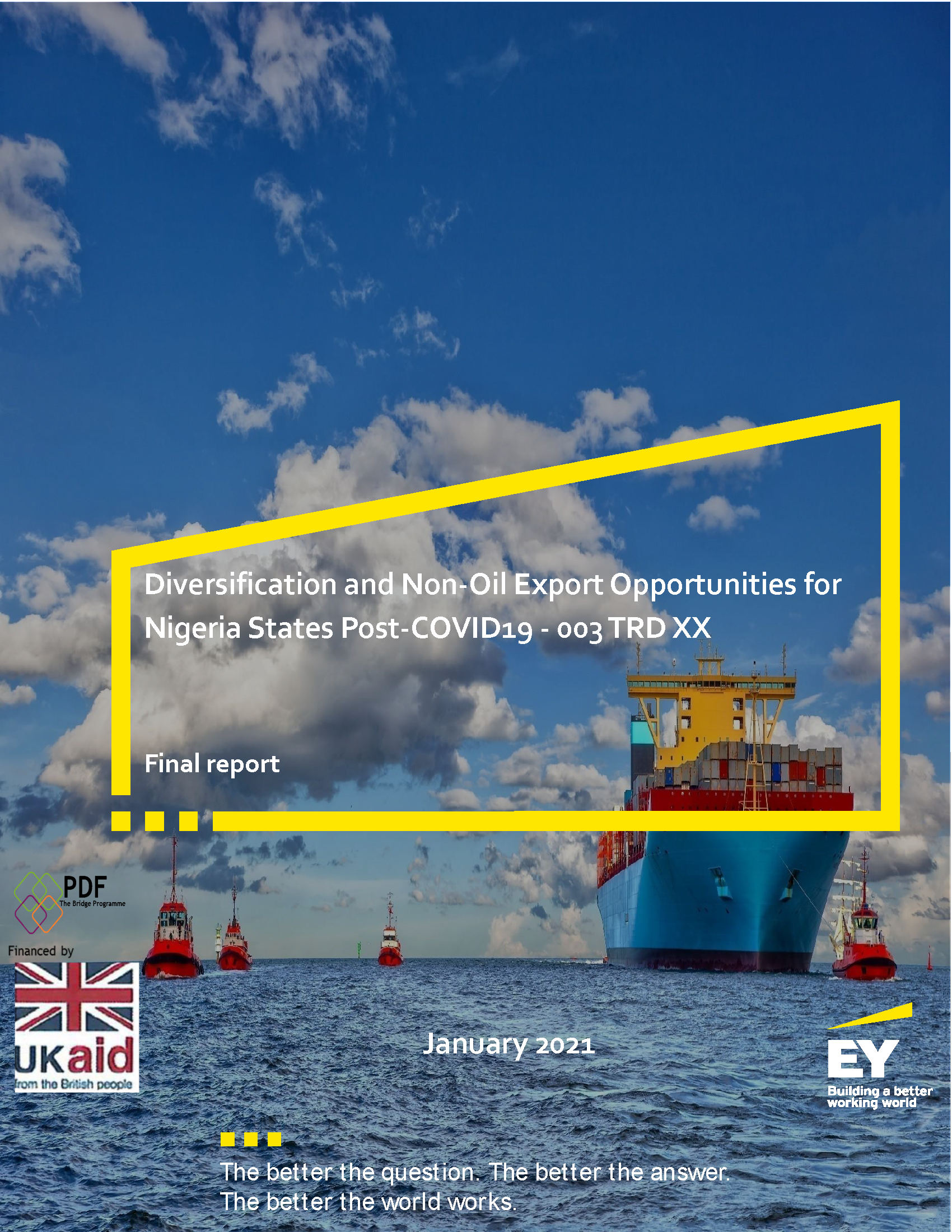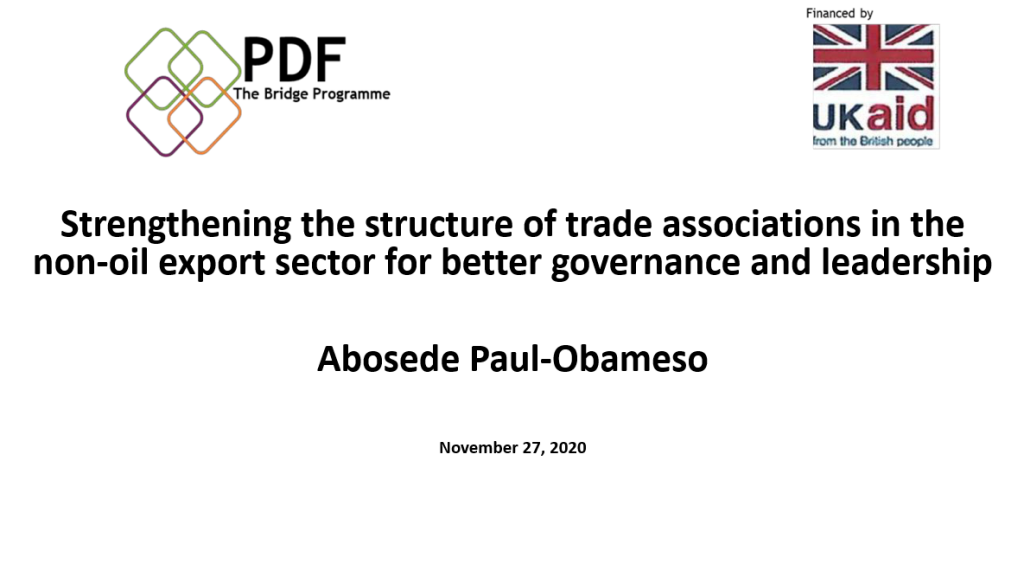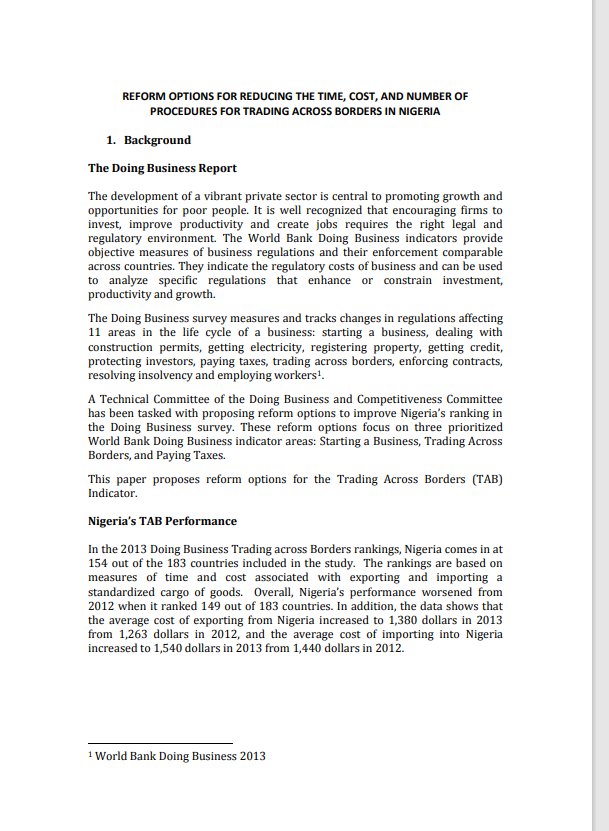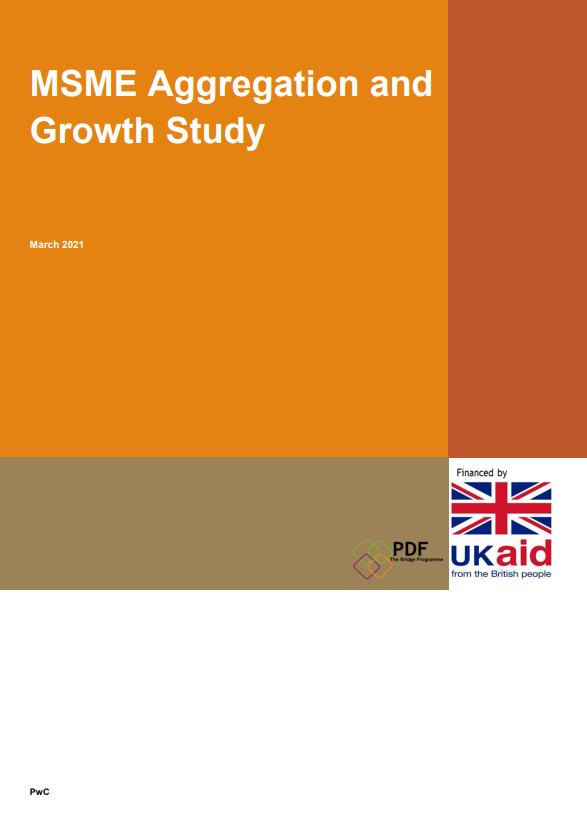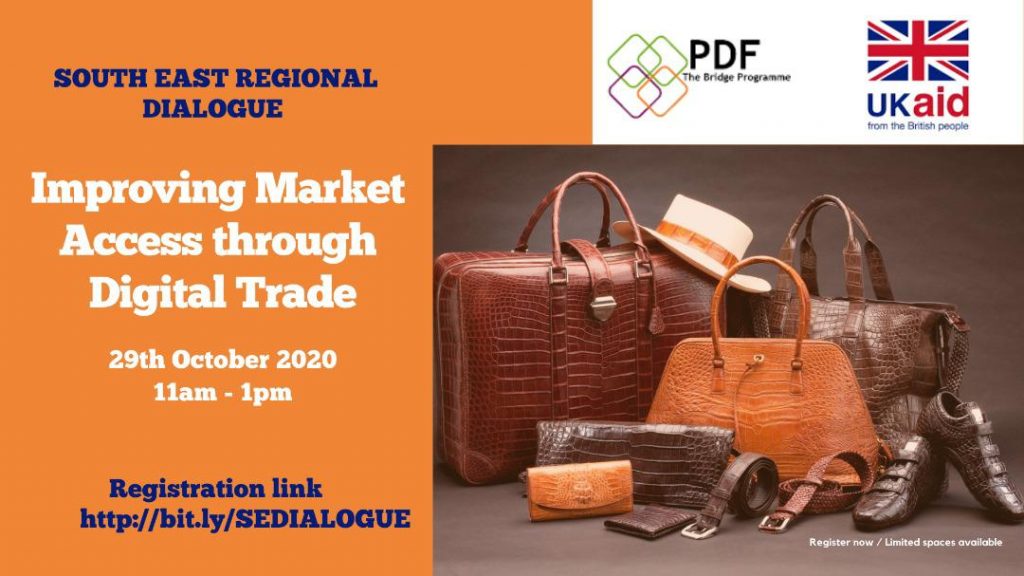Economic diversification is no longer an ideal aspirational state for the Nigeria economy, but rather an imperative for sustainable economic growth. The recent COVID-19 pandemic led global oil shock, which in itself comes in a long history of oil price shocks, has brought into sharp relief the precariousness of Nigeria’s over-dependence on crude oil for its export market.
With over 89 million people (45% of the population) living below the poverty line, coupled with the economic vulnerabilities of the oil-dependent state further exposed by the COVID-19 pandemic, it is of particular importance that the government, as well as the private sector participants, build its short and medium-term strategy around the development of viable non-oil products in Nigeria in a bid to diversify the country’s export market.
Previous attempts at export diversification and in building diversified streams of foreign income, while yielding incremental gains have not produced the level of productivity and growth required to sustain the Nigerian state.
To drive export diversification, the transition from mono to diversified export market would have to be informed by concerted efforts in identifying and catalyzing the key value drivers of the economy with the potential to propel market actors (both public and private) to pivot away from oil and into non-oil sectors.
One such concerted effort is the Zero-Oil Initiative of the NEPC – which aims to deliver an export diversification pathway through trade by prioritizing viable non-oil products with the ability to deliver transformative impacts on the economy. However, despite the adoption of the Zero-oil Initiative in the Economic Recovery and Growth Plan (ERGP) 2017-2020 of the Federal Government, the performance of the non-oil sector remains limited, and does not reflect the significant investment committed to the diversification agenda.
To this end, the NEPC through the Policy Development Facility Bridge (PDF Bridge) Programme commissioned Ernst & Young (EY) to conduct a market analysis of the 22 identified products of the Zero-oil initiative in a bid to provide a comprehensive analysis on the export potentials, key markets, existing value chain and quality requirements of six (6) key products.
Diversification and Non-Oil Export Opportunities for Nigeria States Post-COVID19
Resource type: Report
Sector: Cross-cutting
Year: 2020
File type: PDF
Number of pages: 98
File size: 6.81MB
